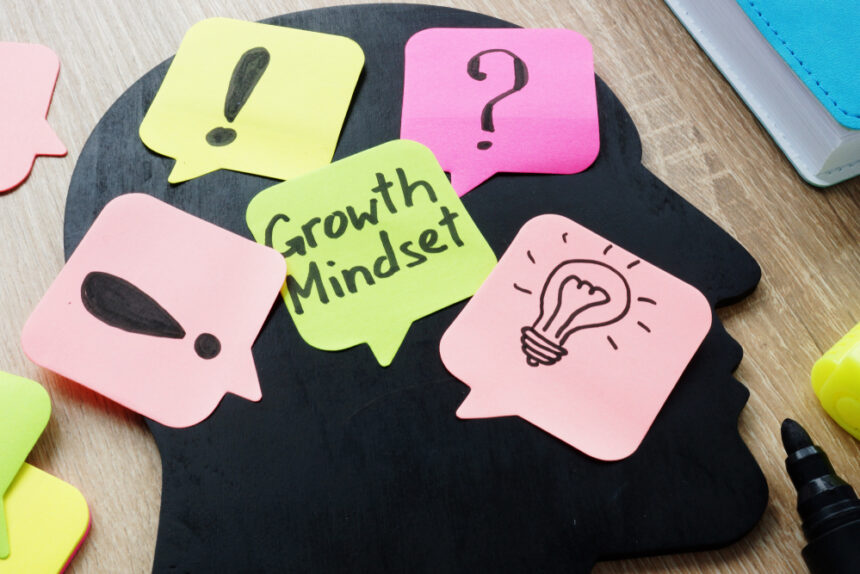In today’s fast-paced, ever-changing world, helping children develop a growth mindset can provide them with the tools they need to thrive academically, socially, and emotionally. A growth mindset, a concept popularised by psychologist Carol Dweck, encourages the belief that abilities and intelligence can be developed through dedication and hard work. Here’s how parents and educators can cultivate a growth mindset in children.
1. Praise Effort, Not Talent
One of the most effective ways to instil a growth mindset is by focusing on effort rather than innate ability. Children who are constantly praised for being “smart” or “talented” may develop a fixed mindset, believing their success is due to unchangeable traits. Instead, acknowledge the effort, perseverance, and strategies they use to solve problems. For example, instead of saying, “You’re so good at maths,” try “You worked really hard on that maths problem, and it paid off!”
2. Encourage a Love of Learning
Children with a growth mindset see challenges as opportunities to learn, not as obstacles. Foster curiosity and a love of learning by encouraging them to ask questions and explore their interests. Provide opportunities for experiential learning—whether through hands-on activities, experiments, or simply allowing them to take the lead on a project. Remind them that learning is a process and making mistakes is an essential part of that journey.
3. Teach Resilience Through Setbacks
Resilience is a critical component of a growth mindset. Children need to understand that setbacks and failures are not the end of the road, but rather valuable learning experiences. When children face challenges, this private school in Surrey recommends helping them reframe their thinking by asking questions like, “What did you learn from this?” or “How can you approach this differently next time?” These conversations teach them that failure is not a reflection of their ability, but an opportunity to improve.
4. Model Growth Mindset Behaviour
Children are quick to pick up on the attitudes and behaviours of the adults around them. As parents and educators, modelling a growth mindset in your own life can have a powerful impact. Share your own experiences with challenges and how you overcame them. Talk openly about times when you didn’t succeed immediately but were able to improve through persistence and practice. This shows children that learning is a lifelong process, and that even adults are constantly evolving.
5. Use Growth-Oriented Language
The language we use can shape the way children view their abilities. Incorporating growth-oriented language helps reinforce the idea that growth is possible through effort. For instance, replacing phrases like “I can’t do this” with “I can’t do this yet” introduces the concept of possibility. Similarly, encouraging children to say, “I’ll figure this out” or “I can improve with practice” reinforces the belief that skills can be developed over time.
6. Provide Opportunities for Challenge
While it can be tempting to shield children from difficult tasks or frustration, it’s important to give them opportunities to stretch beyond their comfort zones. Challenges build resilience, problem-solving skills, and perseverance. When children tackle tasks that require effort and persistence, they develop confidence in their ability to improve. Offer support and guidance, but allow them to struggle and work through challenges independently when appropriate.
7. Encourage Reflection and Self-Assessment
Teaching children to reflect on their experiences helps them understand their own growth and progress. Encourage them to regularly assess their strengths and areas for improvement. For example, after completing a project, ask them what they did well and what they would do differently next time. This helps children internalise the growth process and reinforces the idea that improvement is always possible.
Developing a growth mindset in children takes time and consistent effort, but the benefits are long-lasting. By praising effort, encouraging resilience, and providing opportunities for challenge, parents and educators can help children build the mental tools they need to thrive in all areas of life. Through a growth mindset, children learn that their abilities can always improve with hard work, perseverance, and the right attitude.
